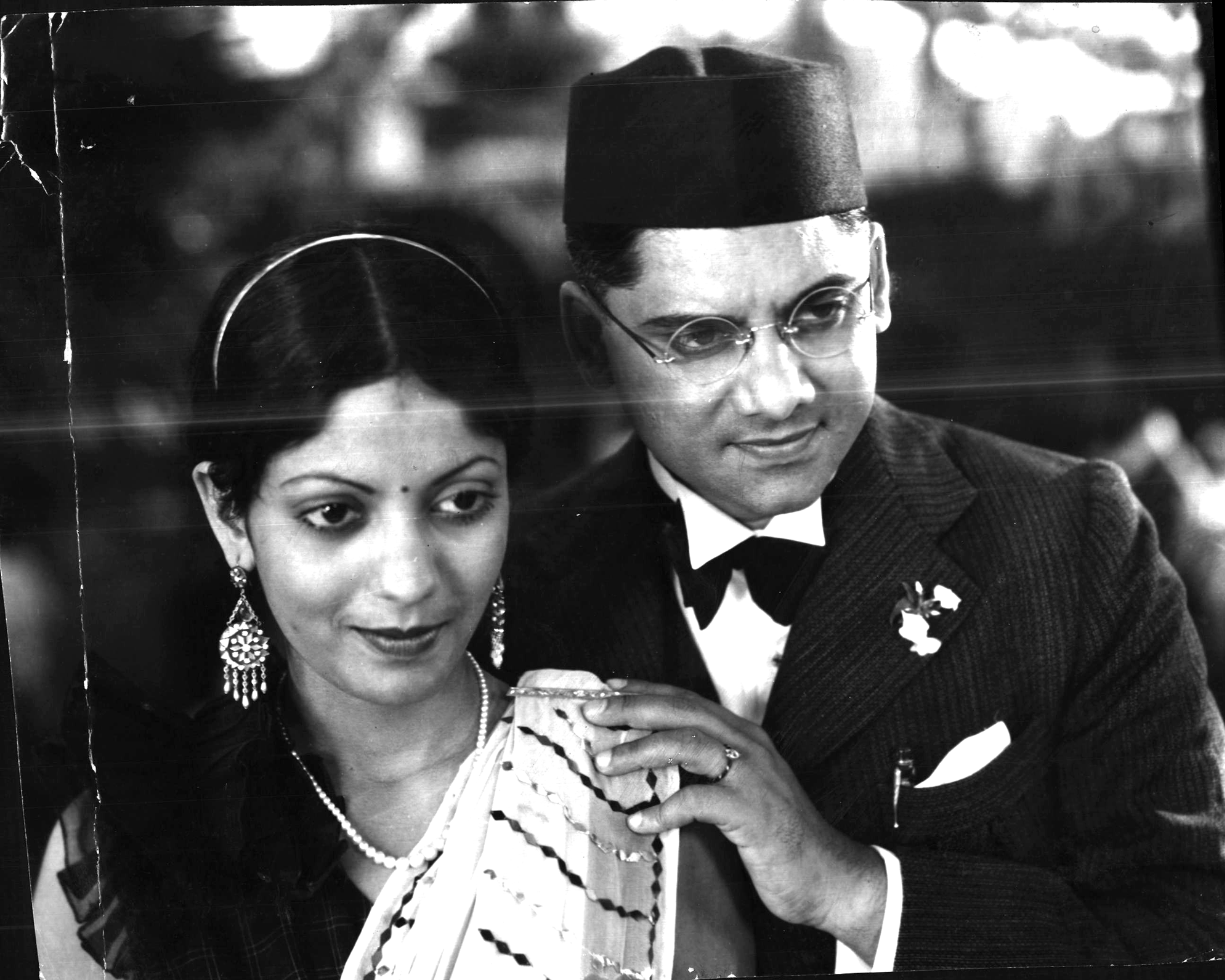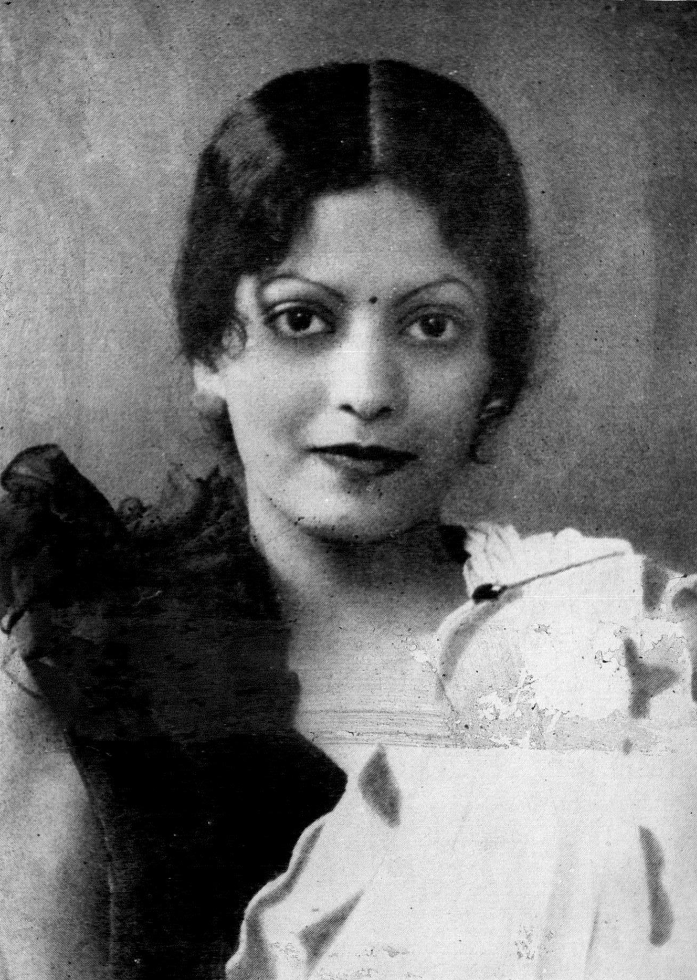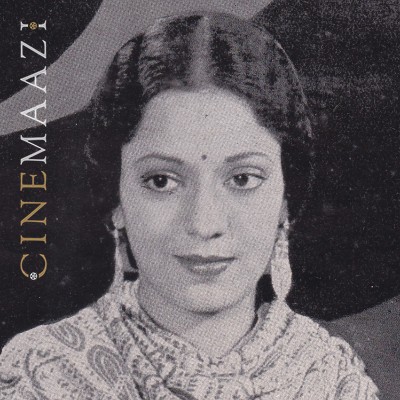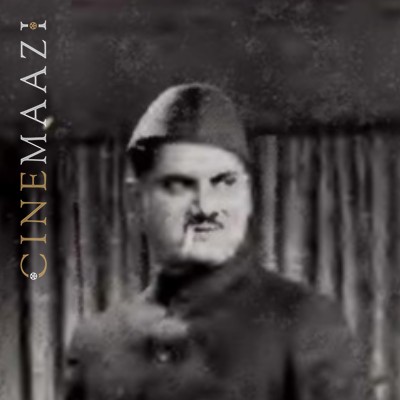This section is for paid subscribers only. Our subscription is only $3700/- for one full year.
You get unlimited access to all paid section and features on the website with this subscription.
Subscribe to read full article
This section is for paid subscribers only. Our subscription is only $37/- for one full year.
You get unlimited access to all paid section and features on the website with this subscription.
Not ready for a full subscription?
You can access this article for $2, and have it saved to your account for one year.
- Release Date1936
- FormatB-W
- LanguageHindi
Master Vinayak was not just a gifted actor but also an insightful director whose films were engaging with society and its audience. After the success of his first directorial debut Vilasi Ishwar, he ventured into his second film Chhaya (1936). He took on the task of bringing the much-admired V S Khandekar’s story to life on screen.
The story begins when a financially stunted bank employee steals to buy medicines for his sick wife and is caught for the crime. He is jailed and dies of shame and guilt. His eldest son Prakash(Master Vinayak) commemorates his father’s life story in a poem that catches the attention of the judge (Hardikar) who sentenced his father. He rewards Prakash for the poem and his daughter Chhaya, (Leela Chitnis) falls in love with Prakash. Everything is merry until she finds out about his family history which dissuades her from considering Prakash as a good match for her. She follows her father and Dr. Atul (Baburao Pendharkar), her suitor’s plan and falsely accuses Prakash of molesting her. While he is serving his sentence, his younger sister Kala (Ratnaprabha) had to earn money through prostitution to pay for their younger brother Suman’s (Anant Marathe) medical bills levied by the greedy and malicious Dr Atul. She terminates her pregnancy during this time. Prakash successfully escapes from jail and leads an anonymous life as a porter until his autobiographical book gets popular. This ultimately leads to both Prakash and Kala being sent back to jail.
For Master Vinayak, the element that most excited him about the story was the tragic ending as he believed that it was still novel for the audience at the time. The film was shot in Torney’sSaraswati Studio in Pune. The film not only establishes his directorial capabilities but also proved the skills of Leela Chitnis, Baburao Pendharkar and Ratnaprabha as someone to look out for. The social film was bestowed with the Gohar Gold Medal for its story. Additionally, Khandekar was the first to receive an award from the Calcutta Press Association.

Cast
-
Leela Chitnis
Chhaya -
Master Vinayak
Prakash -
Baburao Pendharkar
Dr Atul -
Ratnaprabha
Kala
Crew
-
BannerHuns Pictures
-
Director
-
Music Director
-
Lyricist
-
Cinematography
-
Writer













.jpg)



